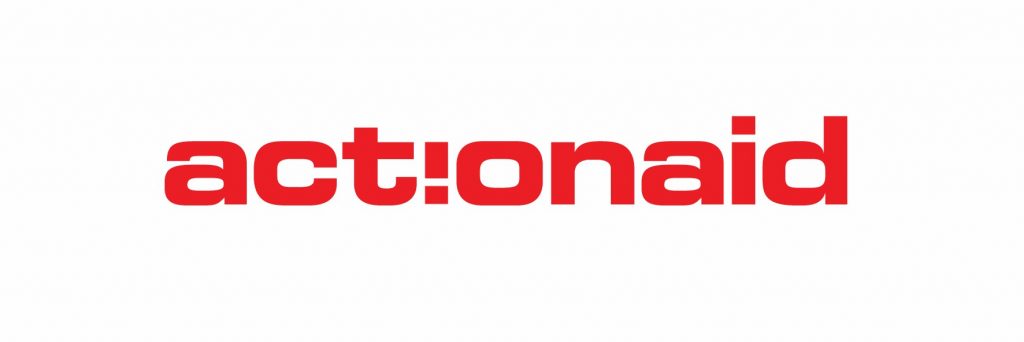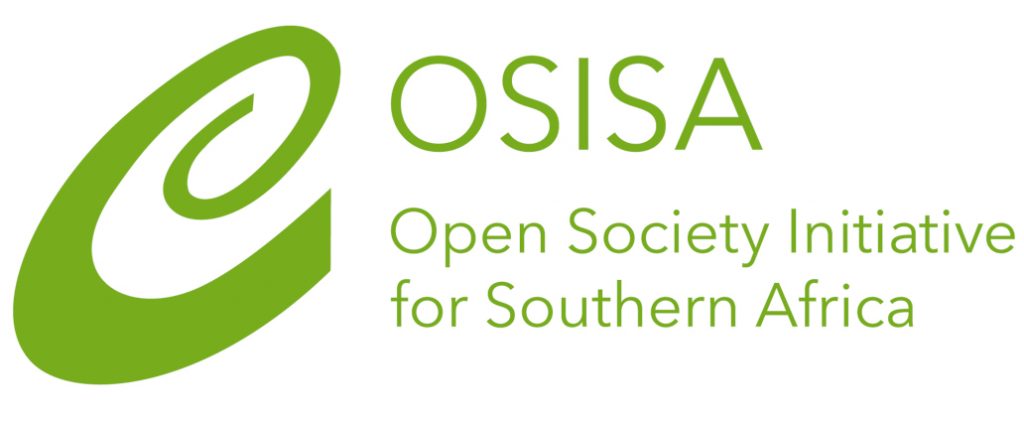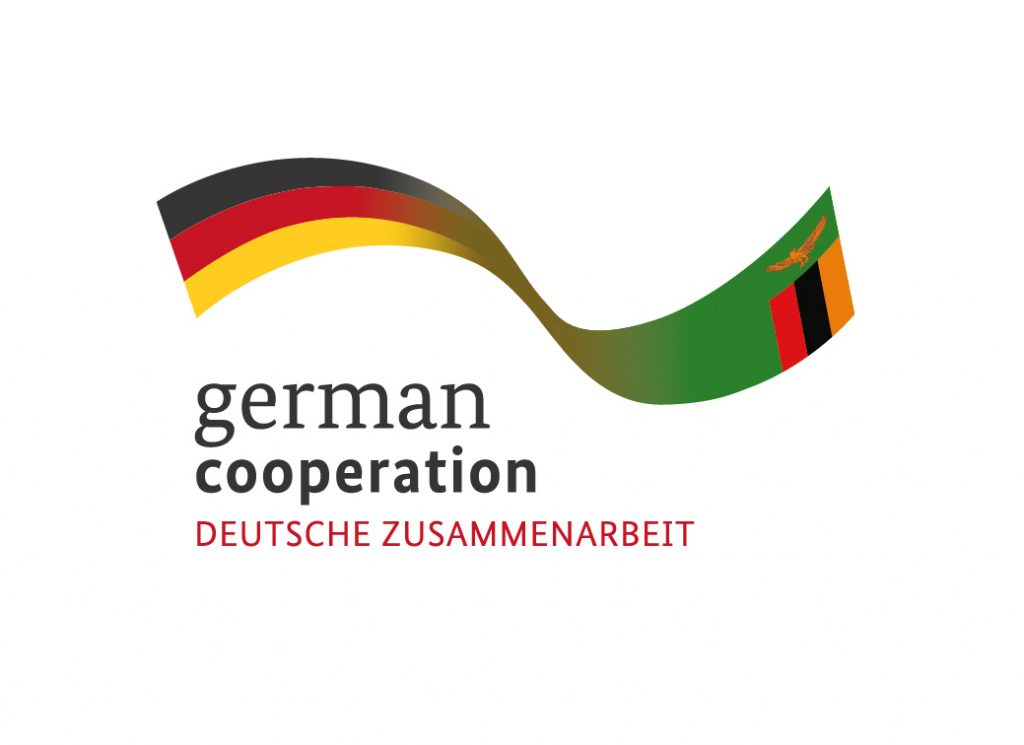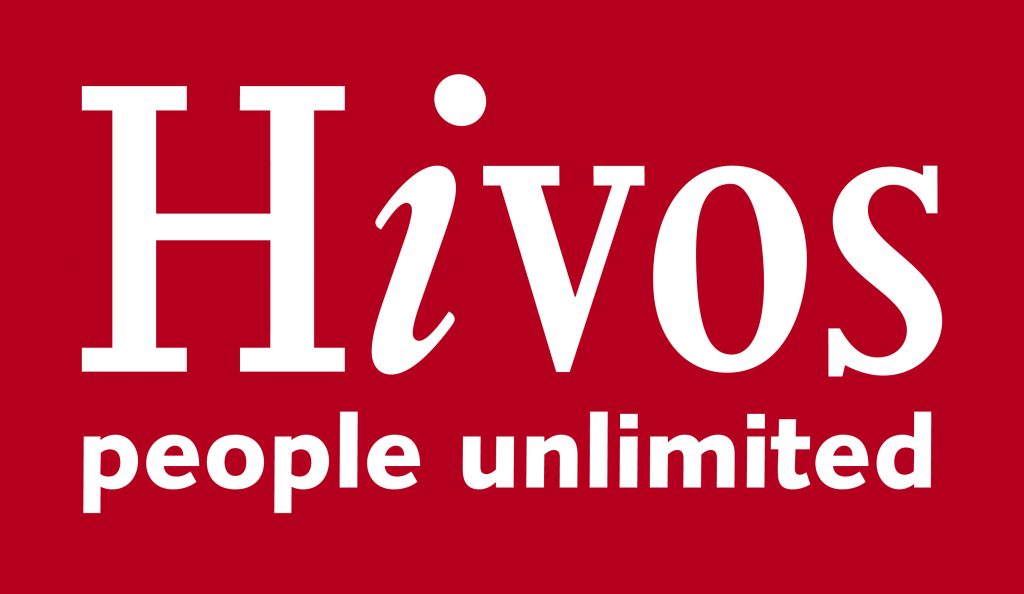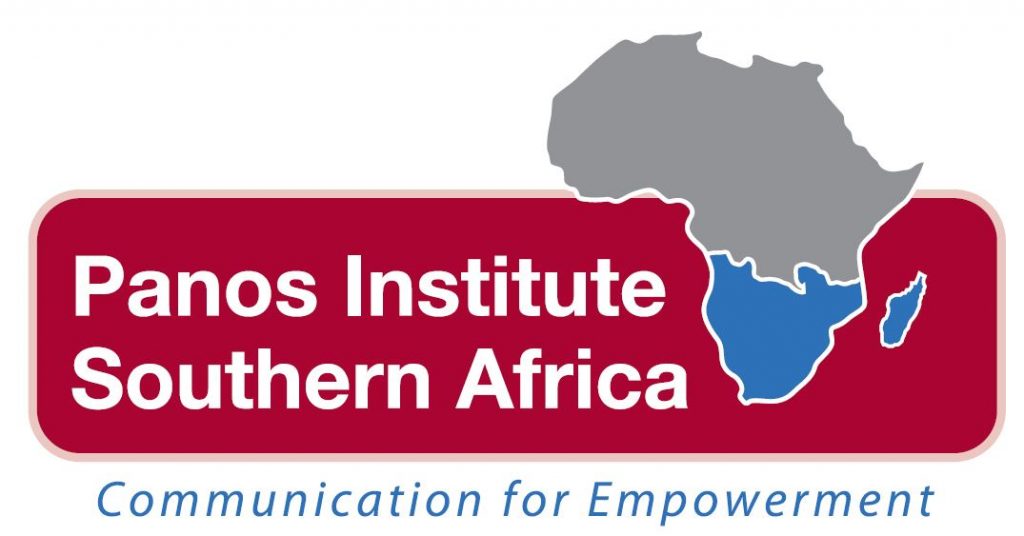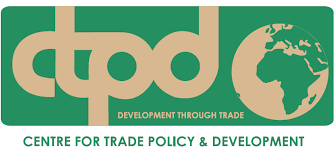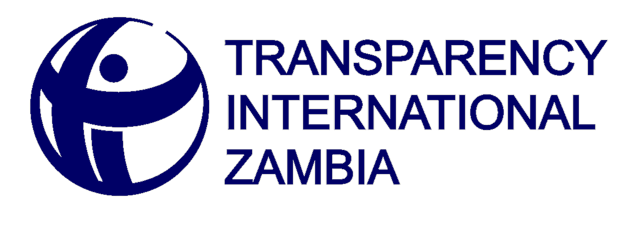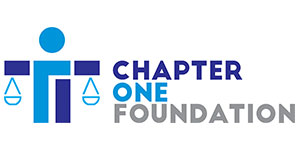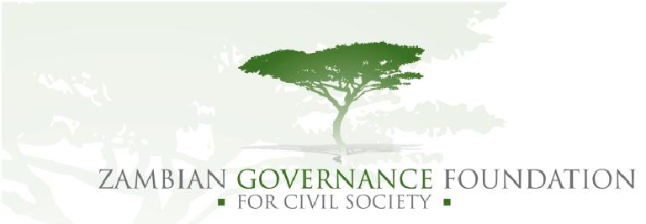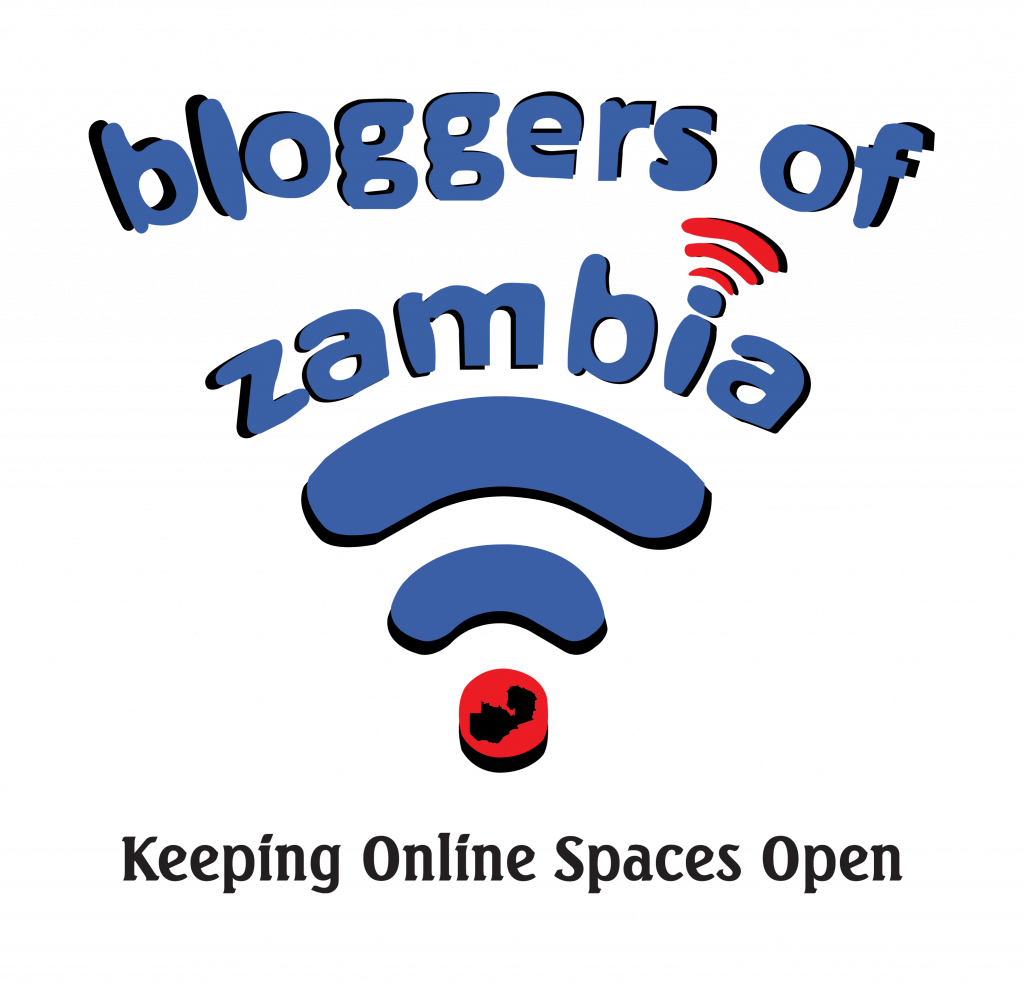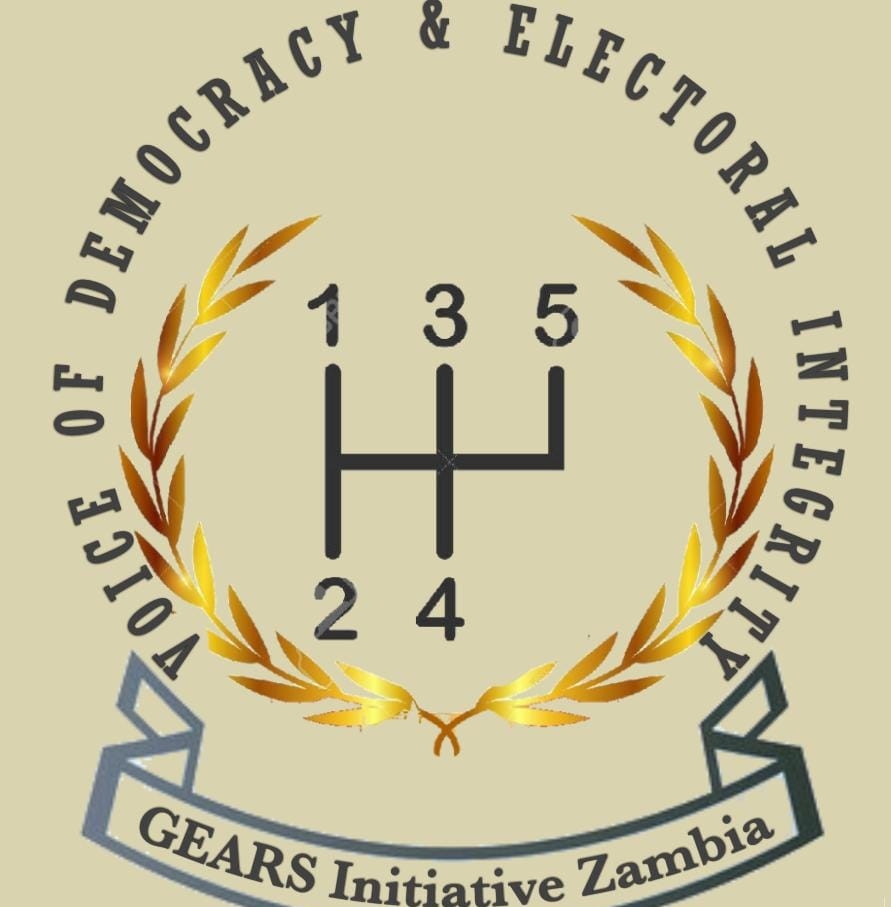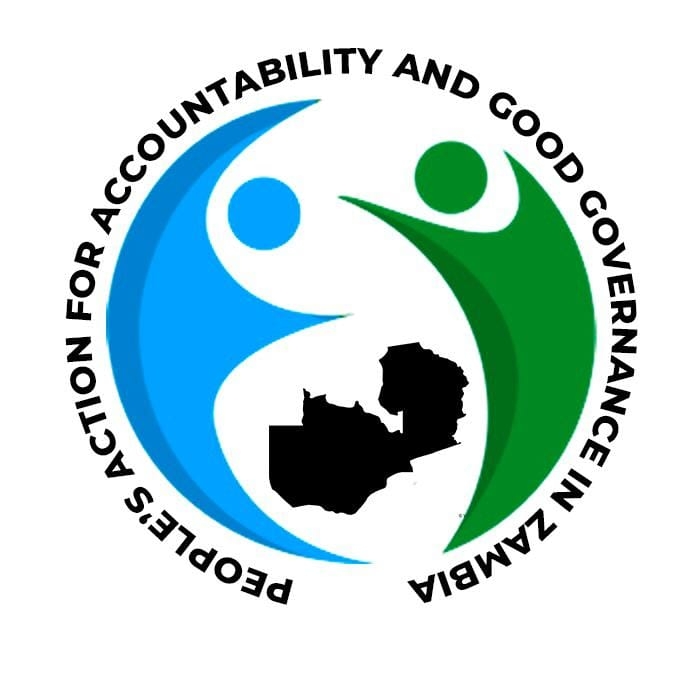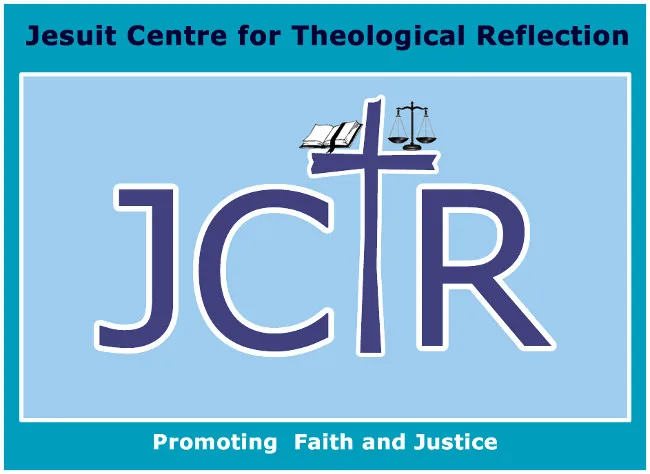
Mission
To strengthen the demand and supply for public resource accountability in Zambia with emphasis on instituting that demand in the general public
Vision
A Zambia where all her citizens enjoy the full and equitable benefit of all her public resources
Strategic Goal
To strengthen PRM accountability in Munali constituency in order to influence national PRM accountability
The Alliance for Community Action (ACA) works to grow the routine and systematic demand for public resource accountability in Zambia, with the specific aim of instituting that demand in the general public. As the only CSO in Zambia, whose sole purpose is the strengthening of public resource accountability, the ACA has gained recognition for its innovative and robust strategies and activities. The ACA adopts a broad view of what constitutes the public resource to include nonfinancial aspects such as the nation’s democracy, institutions of democracy, constitutionalism, and the citizenry, whose interest and advancement financial resources serve. In its work, the ACA has adopted the Rights Based Systems Approach to PRM monitoring developed by the Rhodes University Public Service Accountability Monitor (PSAM).
The ACA was set up in 2013 and works towards the articulated vision of “a Zambia in which all her citizens enjoy the full and equitable benefit of all her resources“. The ACA is registered as an NGO with the NGO ACT and has a board of six (6) members. The ACA is run by a lean management team and supported by voluntary efforts of the members of the Board.
What we do

Community Training
Develops a critical mass of informed and active citizens who utilise platforms made available to them, to routinely demand accountability and improved service delivery. Unless all citizens, including the most marginalised sections of society, are capacitated to first understand citizenship as according to them rights to a minimum standard of services and then to actively engage duty bearers for improved service delivery, the work that has historically been carried out by CSOs to demand public resource management accountability, will continue to be ineffectual.
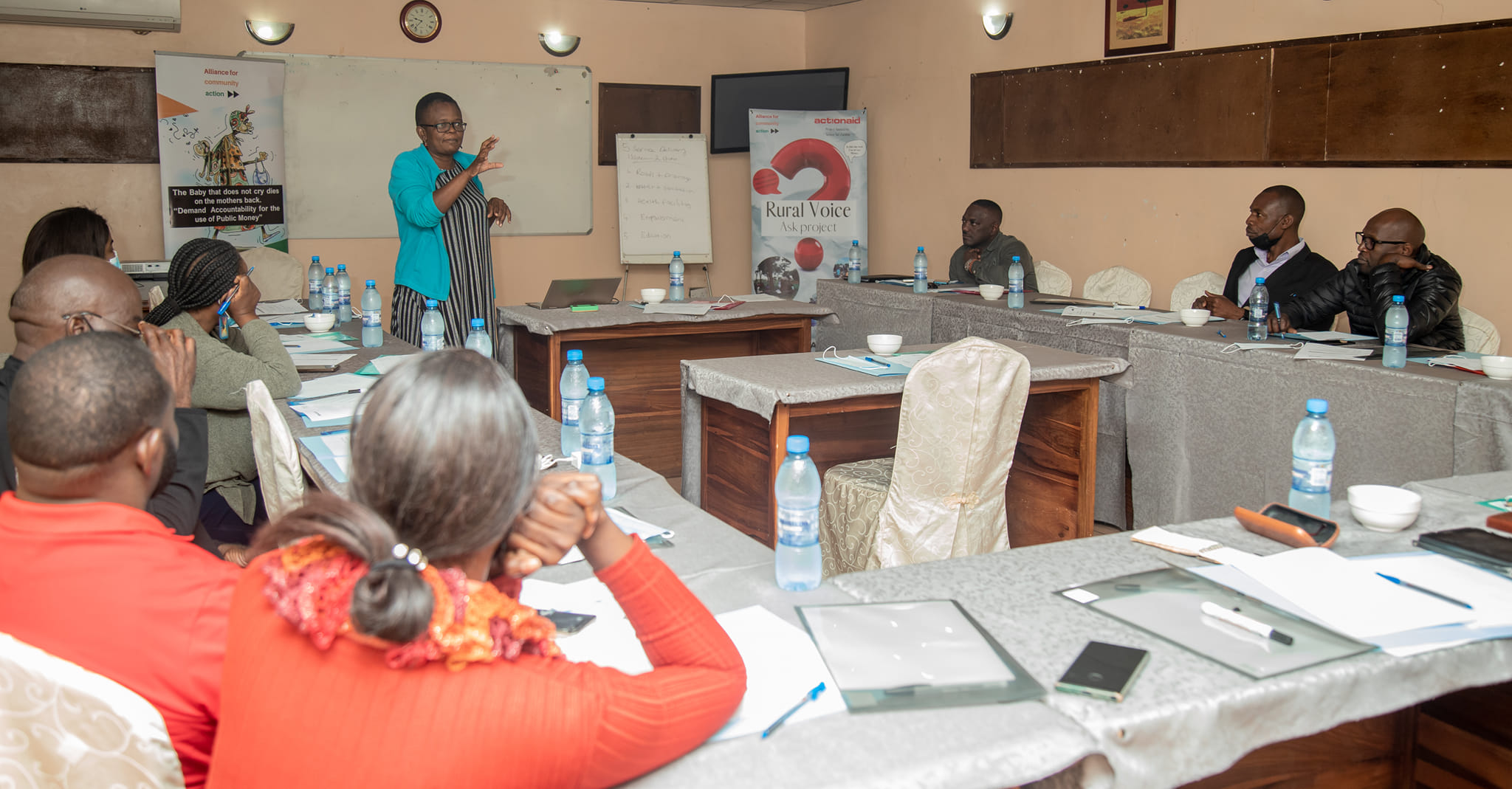
Duty Bearer Training
Develops duty-bearers who expect and respond to citizen engagement on service delivery and accountability, contributing to the improvement of dialogue between citizens and duty-bearers and increasing transparency, thereby reducing conflicts between citizens and authorities.
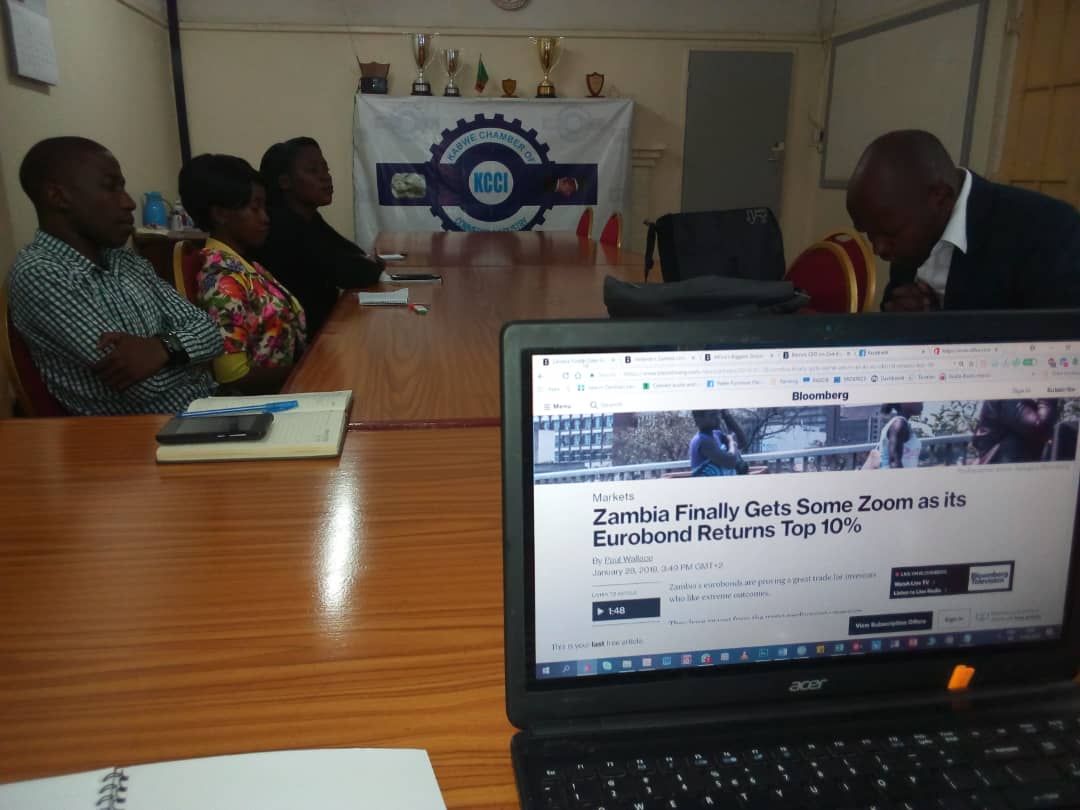
Media Training
Enhances the capacity of journalists to ASK THE RIGHT QUESTIONS to duty bearers. So that the media can effectively facilitate the empowerment of citizens to know, secure, and enforce their rights and the creation of citizens who engage in routine and consistent demand for public resource management (PRM) accountability. Using a press that is alert, aware, and free to demand transparency and accountability in government service delivery.
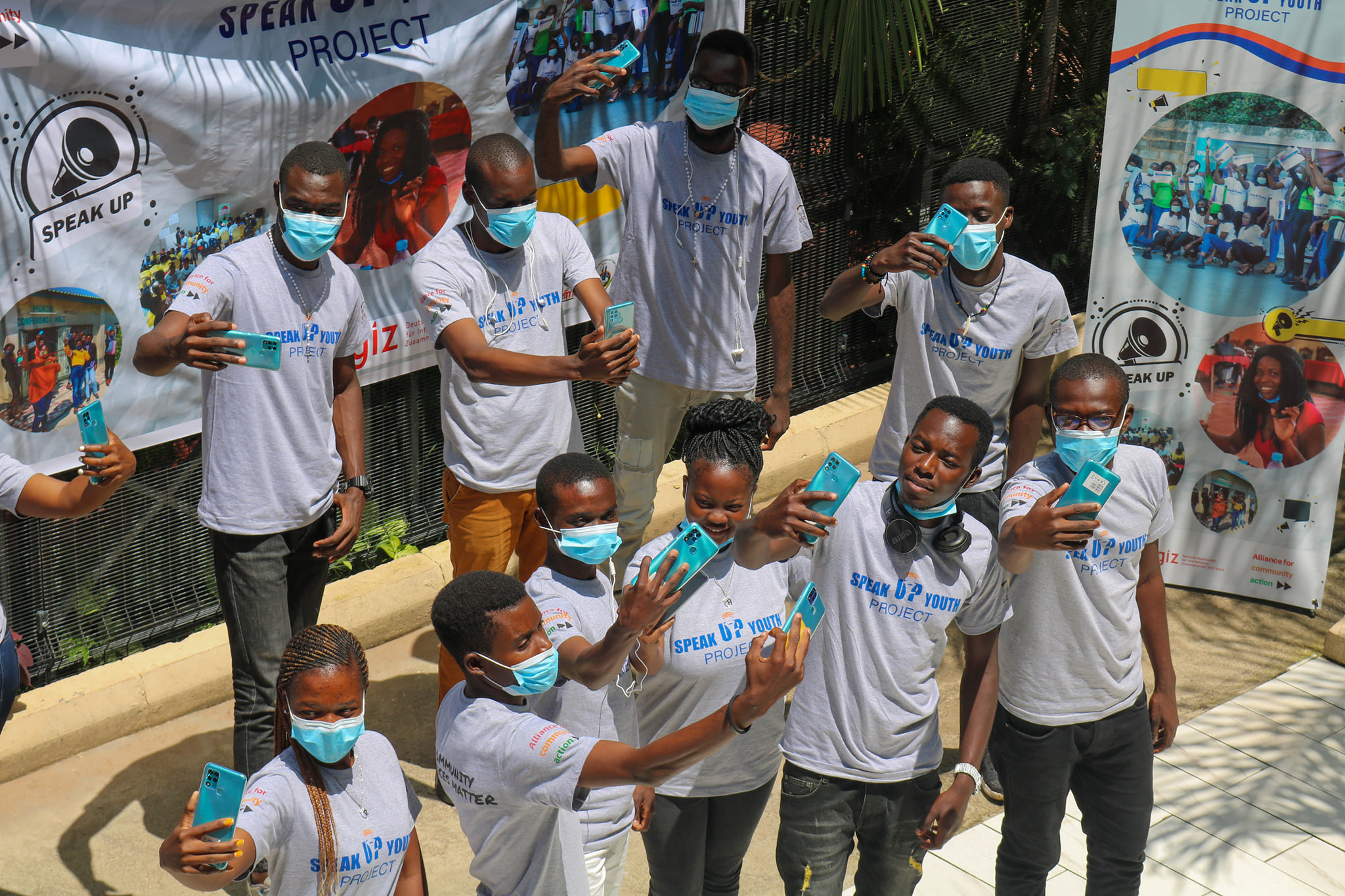
Citizen Journalism
Trains young people as citizen journalists who are able to call duty bearers to account for how public resources are managed. Citizen journalists produce content that is ready for broadcast and distribution without the need for a computer or studio editing. The stories are aired on local radio stations partnered with the ACA as well as ACA social media platforms.
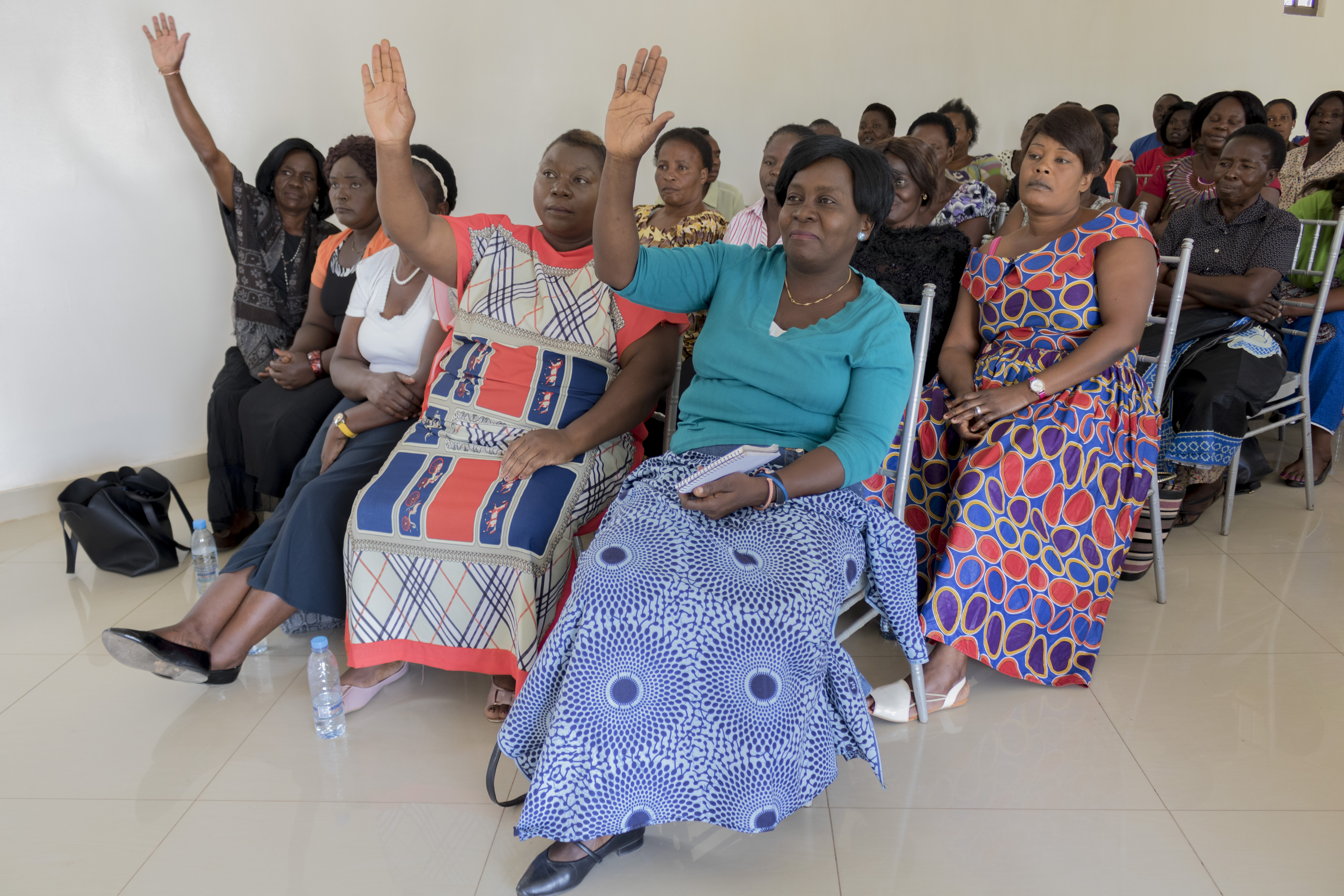
Townhall Meetings
Community meetings open to the public that bring together community members, duty-bearers and other powerholders with an aim of allowing citizens to enjoy their right to assembly and inculcate an ethos of healthy engagement between duty-bearers and citizens.

Traditional Media Advocacy
Serves as a platform for citizen voice, where they can routinely interact with duty bearers on matters ordinarily understood to be too technical, because of this, a sense of confidence and active citizenship grows in the community, which translates to the ability to hold political actors to account.

Digital Advocacy
Makes use of parodies, infographics, cartoons and other creative avenues to disseminate technical public resource management information in a simplified and rights-based perspective to audiences on digital platforms such as Facebook, Twitter, YouTube and Instagram.

Fact-Checking
The ACA fact-checking grows a questioning public that approaches public pronouncements on PRM with a healthy level of scepticism by scrutinising public pronouncements and publications which in turn develops a public that engages with information critically. Emphasis is placed on pronouncements made on public resource management.
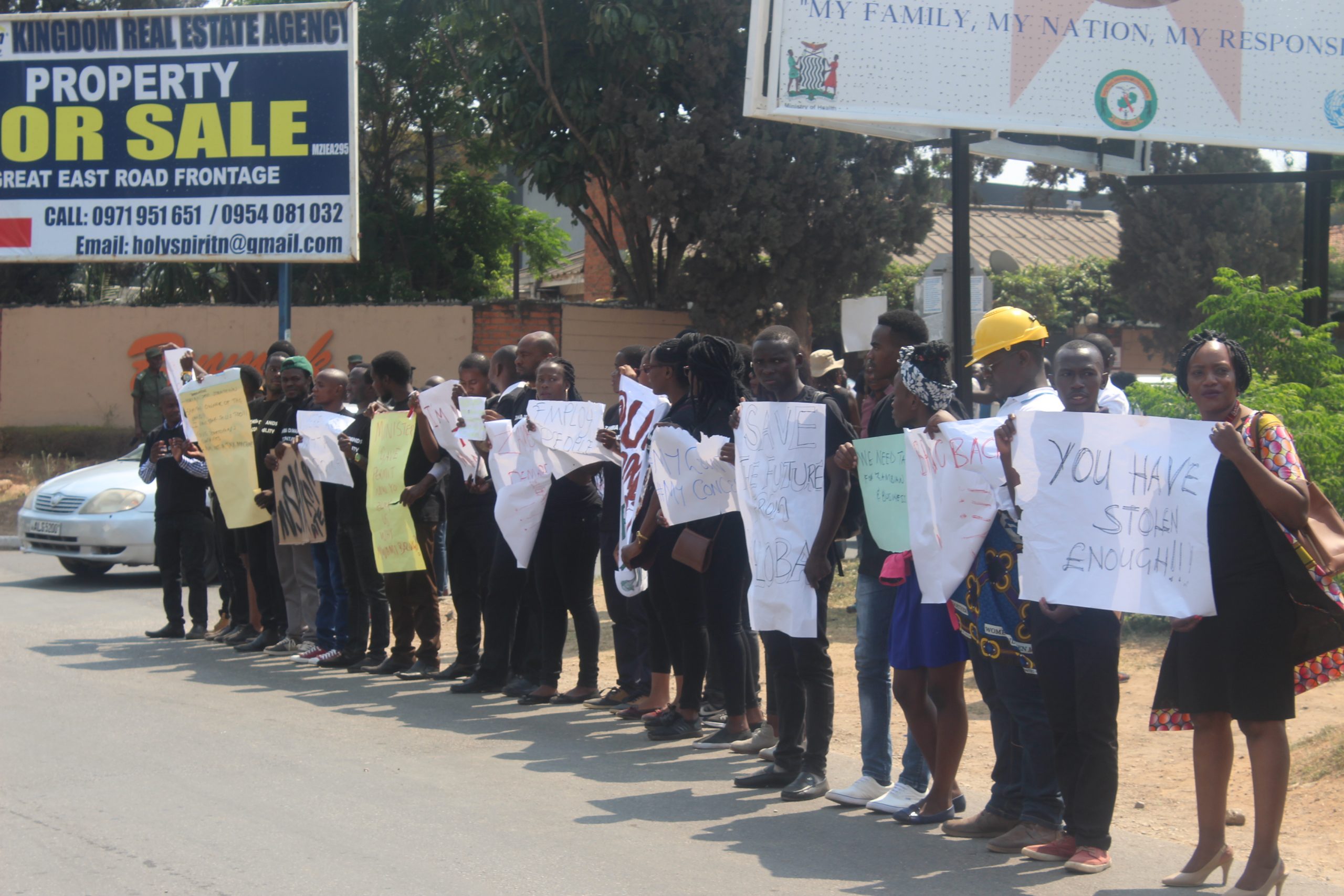
Other Advocacy
Other ways the ACA tries to achieve its vision, in collaboration with other CSOs is through
1. Protests
2. Presentations to Parliament
3. Press statements
Our Approach
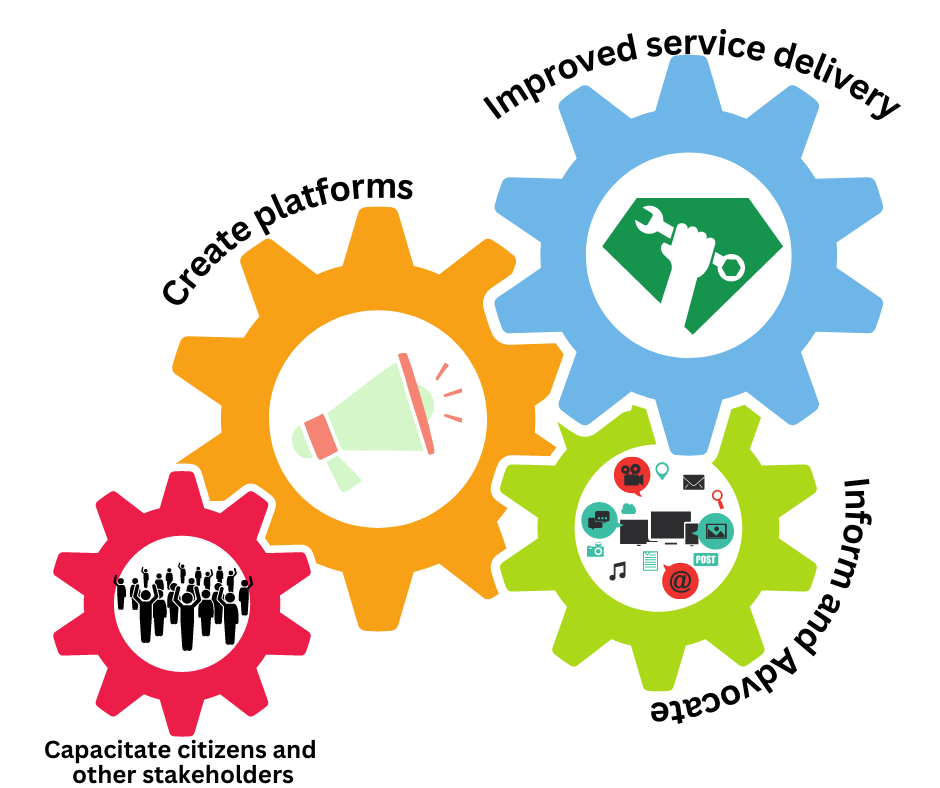
Our Impact
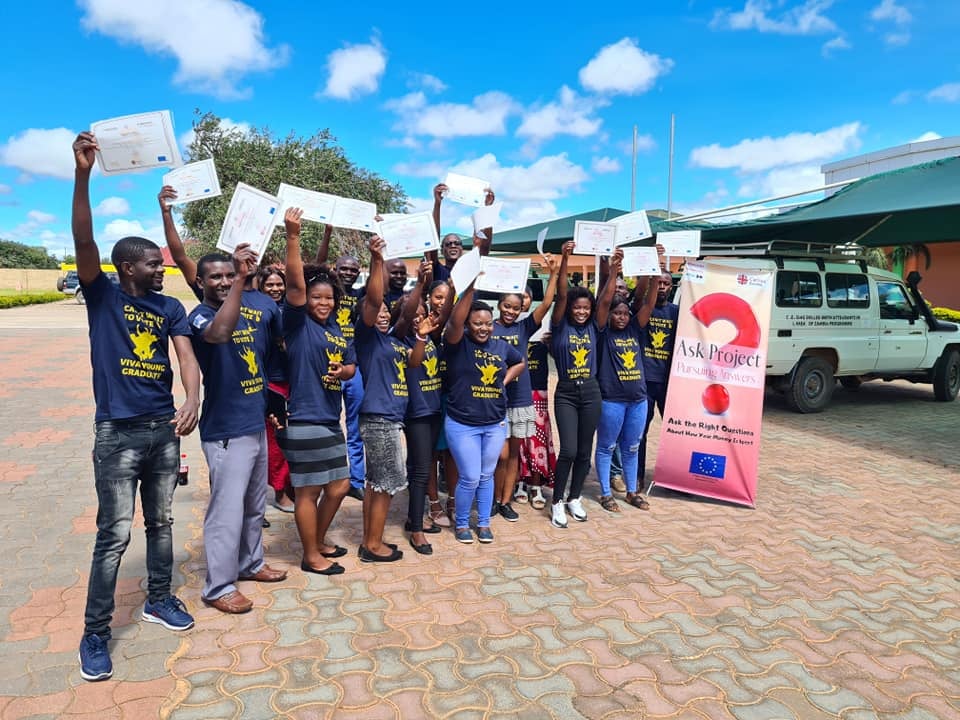
The ACA scores big with the Graduate training in PSAM and CSO Project management.
The graduate trainings initiative was meant to foster knowledge transfer and guide the graduates to have a better understanding of the collusion of CSO work and project management. The Action boasts of the highly impactful story of change under its Graduates in PSAM and CSO Work in Project management. The project orientated over 100 young graduates in rights-based CSO work as well as project management. The graduate trainings, initially meant to be only about knowledge transfer, far surpassed its goal to facilitate the employment of 12 graduates. These were employed by the ACA as well as other CSOs such as PANOS Institute Southern Africa.
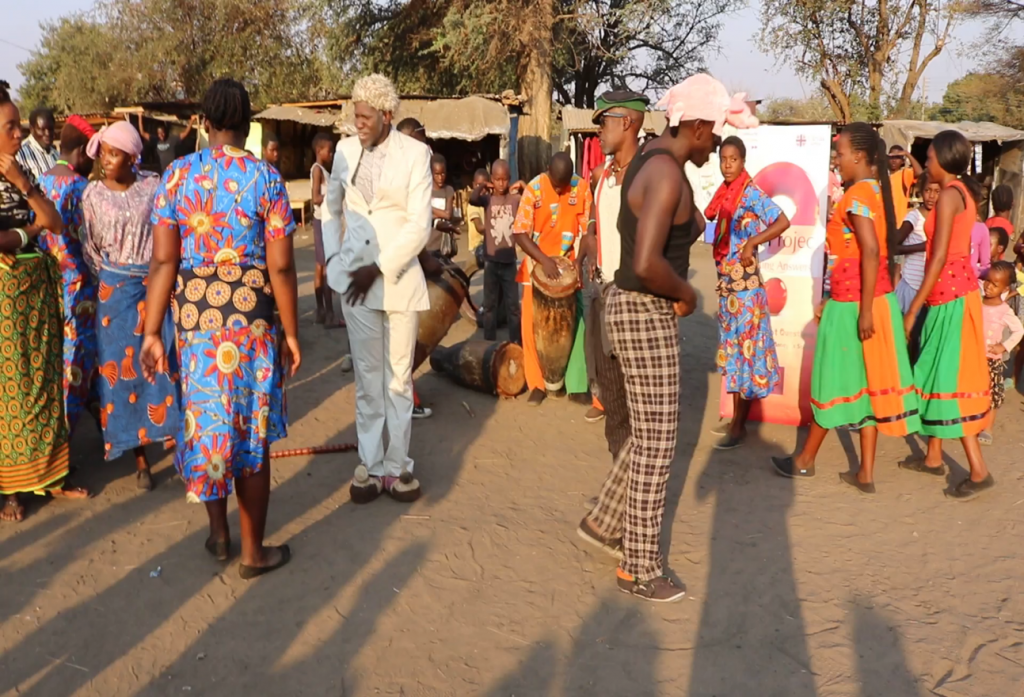
Tusole Theatre and Friendly Association (Youth Activist Group) improves its systems
Tusole Theatre and Friendly Association (Youth Activist Group) had a rudimentary understanding of the rights-based approach. Through the ACA, Tusole had significantly strengthened its organizational systems and procedures, developing its plan for the finalization of core internal control systems and strategic plan. Tusole Drama Group in Livingstone credited the capacity building they had received to their ability to successfully apply for donor funding for the first time. Tusole reported that, after training, they had begun to increasingly participate in civic engagements such as demanding services for communities from a rights-based perspective. Following Tusole’s capacity building that resulted in outstanding grasp and application of concepts, Tusole has been contracted by ACA to build the capacity of drama groups across the country to deliver rights-based approach awareness raising. They have become an expert group in rights-based approach radio advocacy.
Where we work
The ACA primarily works in constituencies as opposed to districts and provinces. By adopting the constituency as a microcosm of the nation, we are able to target all our efforts at the local level with the aim of drawing lessons that we use to advocate for change in the way public resources are managed nationally. The ACA so far has a presence in constituencies of sixteen districts in Zambia, we far have reached over seventy districts through our traditional and digital media works and working with other stakeholders.
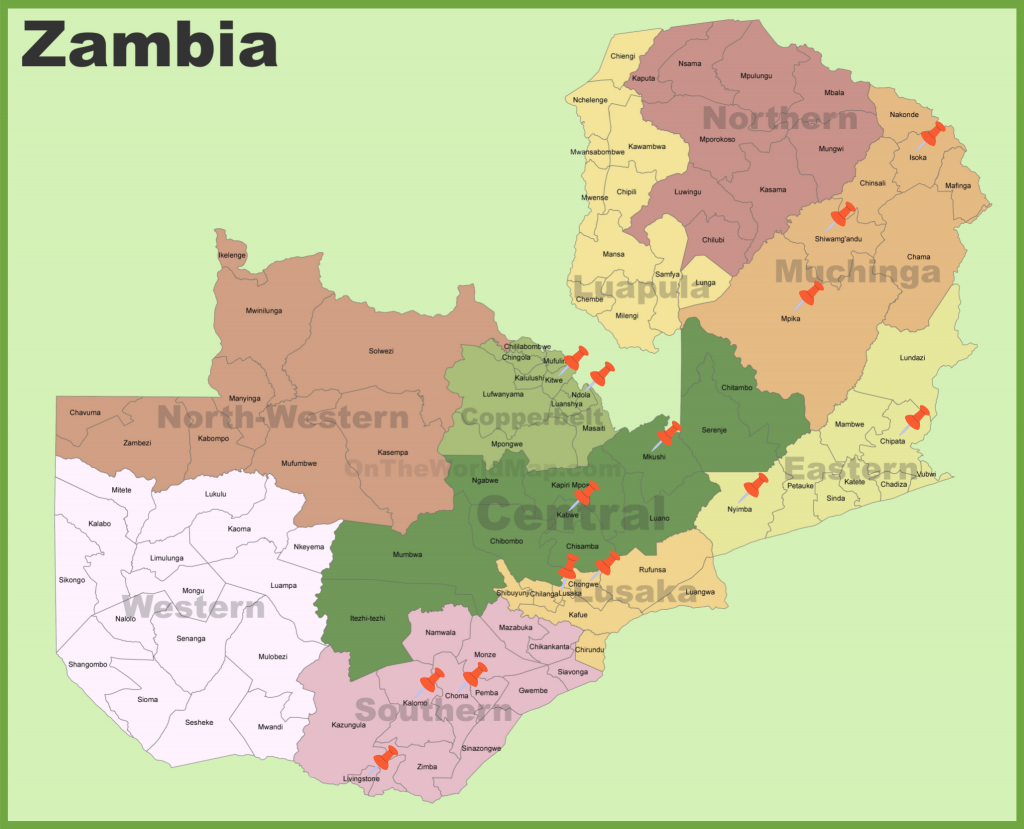
Partners
